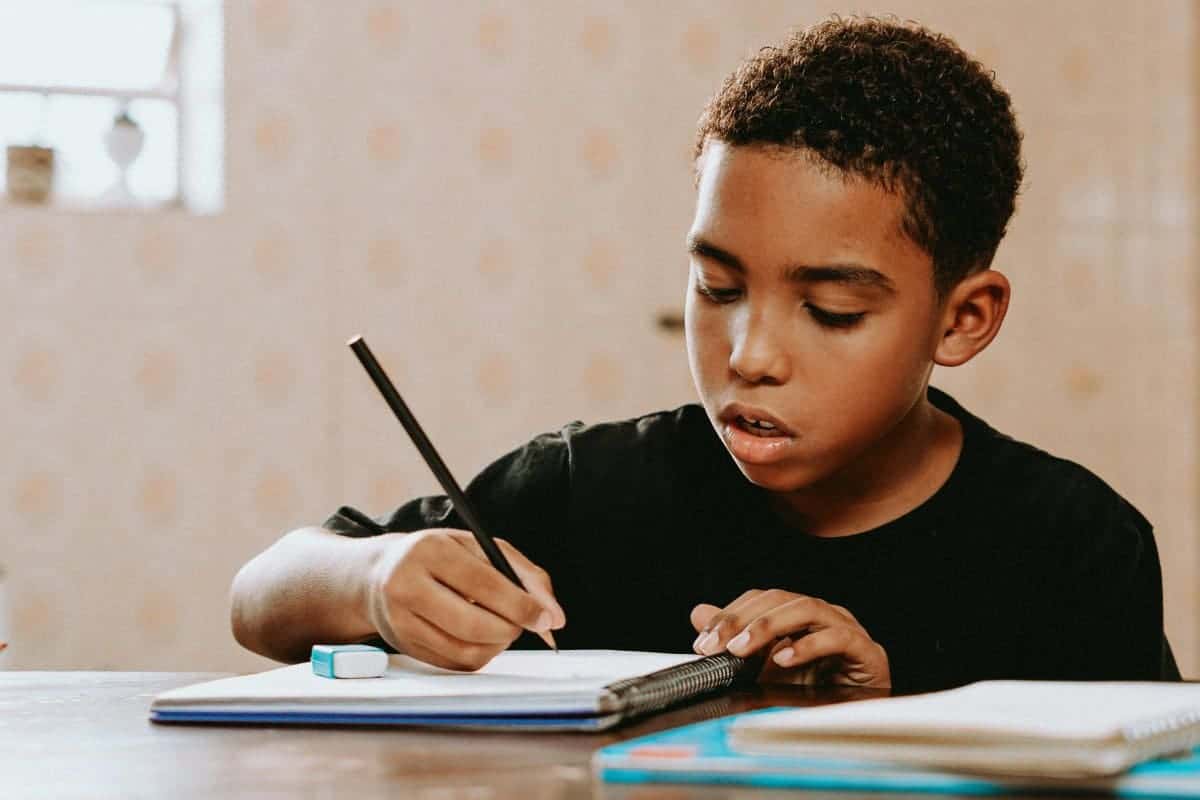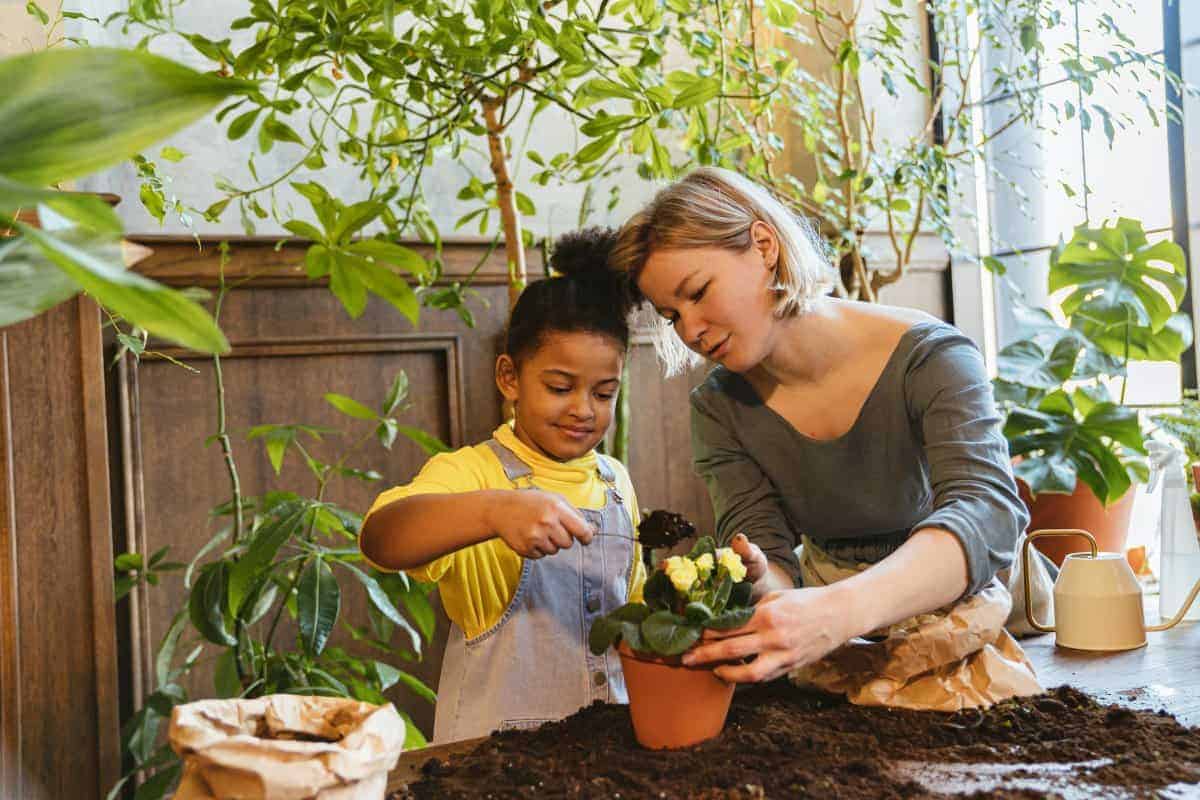Don’t Let These Parenting Values Disappear
In a world that’s constantly changing, timeless parenting values remain essential for raising well-rounded, resilient children. Yet, as life grows more hectic and technology takes center stage, some of these guiding principles risk being lost. Preserving core values isn’t just about tradition—it’s vital for children’s healthy growth, emotional intelligence, and sense of responsibility. As parents, our influence shapes not only our own families but the future of society itself. Let’s explore which values deserve protection and how they can transform the next generation.
1. Empathy

Teaching children empathy—the ability to understand and share others’ feelings—lays the foundation for strong, positive relationships. Empathetic kids are more likely to offer a hand to a classmate in distress or share their favorite toy with a sibling. This value not only reduces bullying but also fosters a kinder community. Children who learn empathy early often excel at reading social cues, unlike those who struggle to connect with others’ emotions.
2. Respect for Others

Instilling respect for others helps children navigate a diverse world with openness and grace. When parents model respectful language and actions—like listening attentively to elders, valuing teachers’ guidance, or showing courtesy to peers—children absorb these habits. A child raised with respect learns to appreciate different backgrounds and beliefs. In contrast, lacking this value can lead to conflicts, misunderstandings, and missed opportunities for meaningful connections.
3. Honesty

Honesty is the cornerstone of trust and integrity within families and communities. When children are encouraged to admit mistakes or tell the truth—even when it’s uncomfortable—they develop strong moral character. In honest families, open communication flourishes, while deceit creates distance and distrust. Valuing truthfulness from a young age shapes children into adults who are reliable, respected, and confident in their convictions throughout life.
4. Responsibility

Teaching children responsibility helps them become dependable and self-reliant. Simple tasks like completing chores, finishing homework, or keeping promises are powerful lessons in accountability. Responsible children learn to own their actions and follow through on commitments, preparing them for future challenges. By contrast, kids who avoid accountability may struggle with independence and decision-making as they grow older.
5. Gratitude

Gratitude teaches children to appreciate what they have, whether it’s a favorite toy or supportive friendships. Simple habits—like writing thank-you notes or reflecting on daily blessings—help nurture this attitude. Grateful kids are often happier and more content, while those who constantly seek more can become dissatisfied. By fostering gratitude, parents help children value both material and emotional gifts, shaping a positive outlook for life.
6. Perseverance

Perseverance empowers children to tackle difficulties and keep trying, even when success isn’t immediate. Whether it’s mastering a musical instrument or bouncing back after a poor test score, persistence builds resilience and confidence. Kids who learn to persevere are more likely to achieve their goals and handle life’s ups and downs. In contrast, children who give up easily may struggle to cope with setbacks or develop grit for future challenges.
7. Generosity

Generosity is about giving freely—whether it’s time, possessions, or acts of kindness—to others in need. Encouraging children to volunteer, donate toys, or simply share with friends teaches them the value of selflessness. Generous children experience joy in helping and build deeper connections, while selfishness can isolate and limit personal growth. Nurturing generosity enriches both the giver and receiver, fostering a more compassionate community for everyone.
8. Patience

Patience teaches children to wait calmly and persistently for what they want, rather than expecting instant gratification. Examples include waiting for their turn during games or managing frustration when learning a new skill. Children who develop patience tend to solve problems more thoughtfully and handle emotions with greater balance. This quality not only eases daily interactions but also prepares kids for the long-term challenges and rewards of life.
9. Kindness

Kindness has a ripple effect that can transform entire communities, starting with simple gestures like helping a classmate or offering a genuine compliment. Children who practice kindness create welcoming, supportive spaces for others and inspire positive behavior in return. Conversely, unkind acts can breed negativity, exclusion, and even conflict. By prioritizing kindness, parents help children develop empathy and contribute to a more harmonious world.
10. Accountability

Accountability goes a step beyond responsibility, focusing on admitting mistakes and taking steps to make things right. For example, a child who apologizes after a disagreement or fixes a broken promise learns the true meaning of owning their actions. Practicing accountability builds maturity and trust, teaching kids that making amends is just as important as avoiding mistakes in the first place.
11. Self-Discipline

Self-discipline empowers children to control impulses and make thoughtful choices, even when temptation is strong. Examples include limiting screen time, completing homework before play, or maintaining healthy routines. Children who develop self-discipline are better equipped to set boundaries and achieve their goals. In contrast, those who lack this skill may struggle with focus, overindulgence, or difficulty following through on commitments.
12. Humility

Humility teaches children to value modesty and recognize that everyone has room to grow. When kids admit they don’t know something or graciously accept help, they open doors to learning and personal development. Humility contrasts sharply with arrogance, which can block collaboration and self-improvement. By fostering humility, parents help children build authentic relationships and a lifelong willingness to learn from others.
13. Open Communication

Open communication within families builds trust and emotional security. Encouraging children to share their feelings, ask questions, and voice concerns—through honest, age-appropriate conversations—creates a sense of safety. Families who practice open dialogue are better equipped to handle conflicts and misunderstandings. In contrast, closed or secretive communication can lead to isolation, confusion, and a lack of support when it’s needed most.
14. Forgiveness

Forgiveness is a vital value that teaches children to let go of grudges and heal after disagreements. Whether it’s forgiving a sibling for a harsh word or a friend for a mistake, practicing forgiveness helps children move forward without resentment. This ability leads to healthier, more resilient relationships and encourages emotional well-being, allowing both parties to grow and reconnect after conflict.
15. Respect for Nature

Respect for nature instills in children a sense of stewardship for our planet and its resources. Simple activities like recycling, gardening, or exploring outdoors teach kids to appreciate the environment and understand their role in protecting it. Children who value nature are more likely to make sustainable choices, while those who take resources for granted may overlook the importance of conservation for future generations.
Conclusion

The 15 parenting values explored here are more than just traditions—they are building blocks for character, resilience, and empathy. By nurturing qualities like honesty, gratitude, perseverance, and respect for others, parents lay the groundwork for children to thrive as compassionate, responsible adults. In a rapidly evolving world, preserving these values is essential for healthy families and a stronger society. Let’s make a conscious effort to keep these principles alive, so each new generation can create a kinder, brighter future for all.
.article-content-img img { width: 100% }




